By Adam Karlin
In a nation divided between individual liberty, puritan morality, and the good of the public, the portable drink is a nod to freedom in a daiquiri-friendly carrying case. It’s liquid Do Wha Chu Wanna, a tangible civic token of an attitude that doesn't frown at drinking on the street, laughing too loud, or dressing up as a fairy goblin riding a bicycle decked out like a butterfly.
This is why, if you grew up in Alabama, Arkansas, Mississippi, or Louisiana, and knew someone who was queer, or weird, or trans, or artsy, or otherwise didn’t fit in, they ended up in New Orleans. At least for a little bit. They flocked, rainbow moths to a Lady Liberty clutching a plastic cup of High Life: Give us your tired, your misfits, your bedazzled freaks. A city that let you drink on the streets didn’t give a good goddamn about who you wanted to sleep with.
Tolerance smoothes and compliments our appreciation of the sensual. And somehow, it manages all this while existing side by side with a deep and abiding respect for tradition and ritual, two institutions that seem too, well, institutional for rule breakers. That’s because rule breaking on its own is hollow. Cracking walls has no meaning if you don’t pour something greater into the foundations, and our city’s folkways provide signage on where to direct our civic energy. I’d argue all of these qualities swirl together during Carnival season, our most famous holiday, when locals mask to express their innermost self, while watching or joining parades that weave a community knit on skeins of joy. Food and music and celebration and a dollop of anarchy: all reasons for being a New Orleanian.
But let’s be real: public safety and infrastructure do not make the list. Not everything works here. And that fact should make the most passionate defender of this city check their assumptions.
One day I drove my son to his daycare, and our ten-minute trip stretched to thirty because we ran into one of our town’s ubiquitous delayed street construction projects. This particular one probably started a few minutes after Bienville landed at the cane break that would become Pointe du Mardi Gras. I dropped my boy off, but an hour later his teacher called to tell me the Sewerage and Water Board had shut down the school’s running water that morning. They forgot to tell her until daycare was already in session.
I live ensconced in several layers of privilege, a sort of socioeconomic bubble wrap, that relegates the above incidents into the realm of inconvenience. For many of my fellow citizens, the episode I just described could be a precursor to disaster, or at least the catalyst of an impossible decision: stay home, miss work, risk getting fired? Find a babysitter at the last minute, if that’s even possible?
Life here can be hard.
The difficulty goes well beyond crappy roads and boil warnings. Gun violence is a plague. Mental health services struggle. The cost of living rises with the flood waters, but real pay remains below sea level. The people who create the culture that drives the state economy can no longer afford to live here. Educational deficiencies and corruption create quicksand-like generational inequality that feels impossible to redress.
I like brass bands. I love a po'boy. I like to get in a costume. But this town endures one of the worst rates of gun violence in the country. And as the years go by, I’ve asked myself: does that statistic grow out of the anarchy I described earlier? Because if it’s between go-cups and the public good, I'll finish my beer before I leave the bar.
Yet ultimately, I think the go-cup is not the issue. After all, much of America embraces rules and regulations, and remains as screwed as New Orleans when it comes to figuring out how to create a city that truly exists for all of its citizens. I know it's safer to walk at night in Salt Lake City than Central City, but somewhere, in Utah, the gap exists. It just places the desperate out of sight, in reservations and exurbs and broken rural spaces.
Because of the dimensions of New Orleans, society's division stares me in the face. And because New Orleans, more than anywhere I know, produces extremes of happiness and tragedy on a daily basis, extremes that grow in our fertile, Do Wha Chu Wanna soil, I feel the space between the edges more intensely than I do anywhere else.
I think this is why, as I have grown older, the answer to the question ‘Why do you love New Orleans?’ has grown simple. It’s my fellow New Orleanians. I love the great and true friends I have made, who do interesting work, much of which makes this a better place for all. I’m not just talking about activists and union organizers and nurses and teachers, although they are all here and wonderful.
But so are the waitresses and bartenders who, with a smile and some conversation, contribute little drops of goodness to the sometimes indifferent sea of humanity we’re all swimming in.
It’s this community that balances out the boil warnings and the swiss cheese streets, the six month summers and, to a degree, the crime. Yeah, we like to dress up and party. But famously laid back, pleasure-loving New Orleanians are working to create a city where we can dress up and dance in the streets while keeping those streets safe for our children. The work is slow, and it may never succeed, but we are trying to figure out where the fun and the fight intersect.
Besides, New Orleans gives me unique tools for dealing with and battling the world's indignities: neighborliness, pride, food, music, DIY-sensibility, a sense of shared struggle. And of course, go-cups.
This is how I Be a New Orleanian, wherever I am: by internalizing all of the above. Our love for food and music and joie de vivre, along with the knowledge of how those things are denied to so many of us, and how they can yet be produced under the greatest destitution.
Being a New Orleanian means being a better, more aware citizen. It means knowing how important it is to be a steward of this good Earth and water, because without it, our cities would be swept away. It means knowing that while my life as a New Orleanian can be a good one, it is on me to take what makes it fine elsewhere: to carry our lust for life to the world outside of the parish, and better the life of everyone within it, up, down, lake and river.
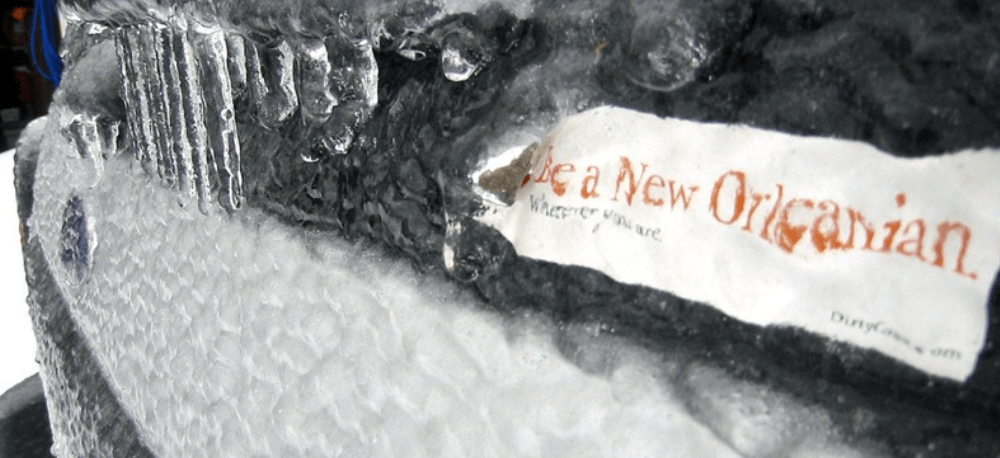
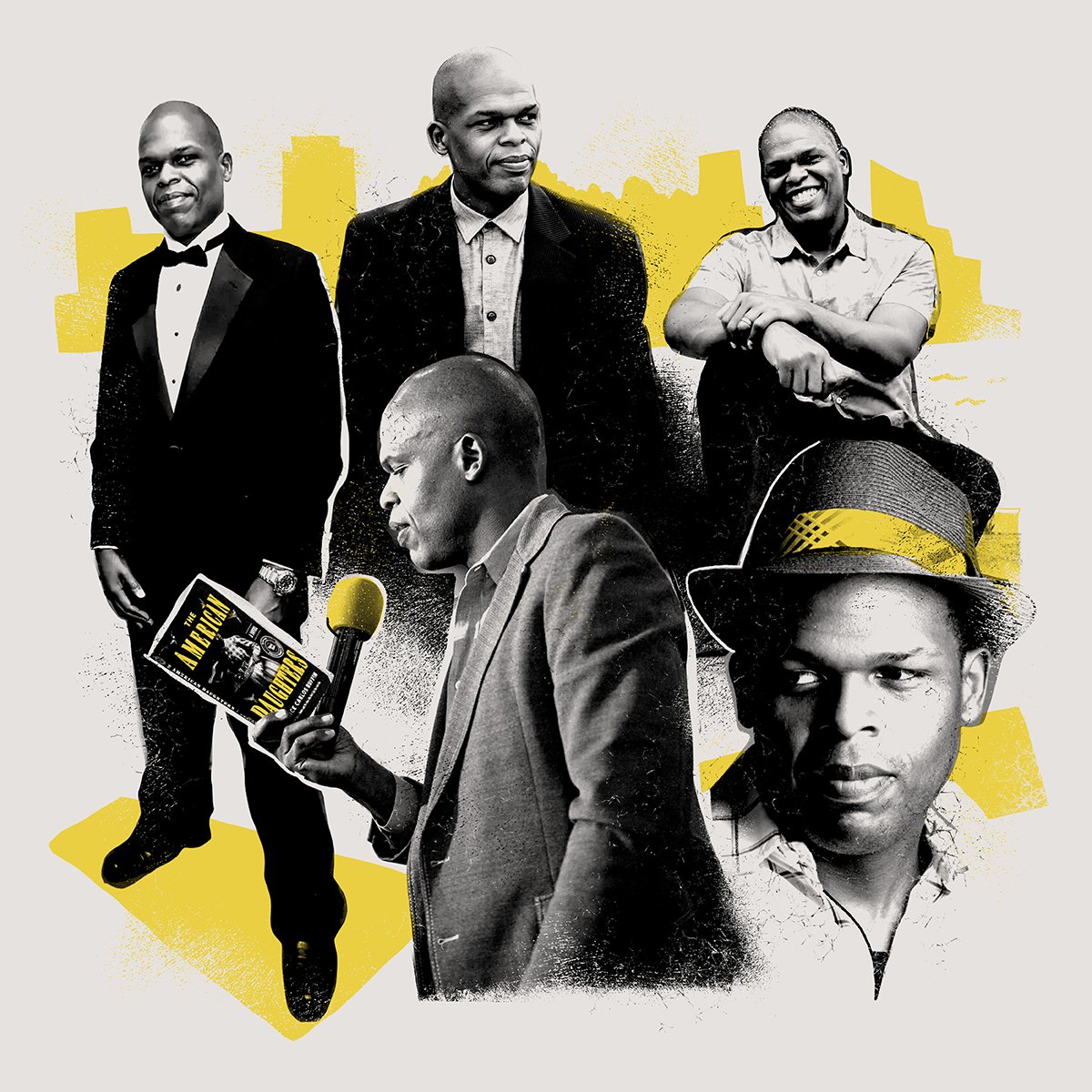
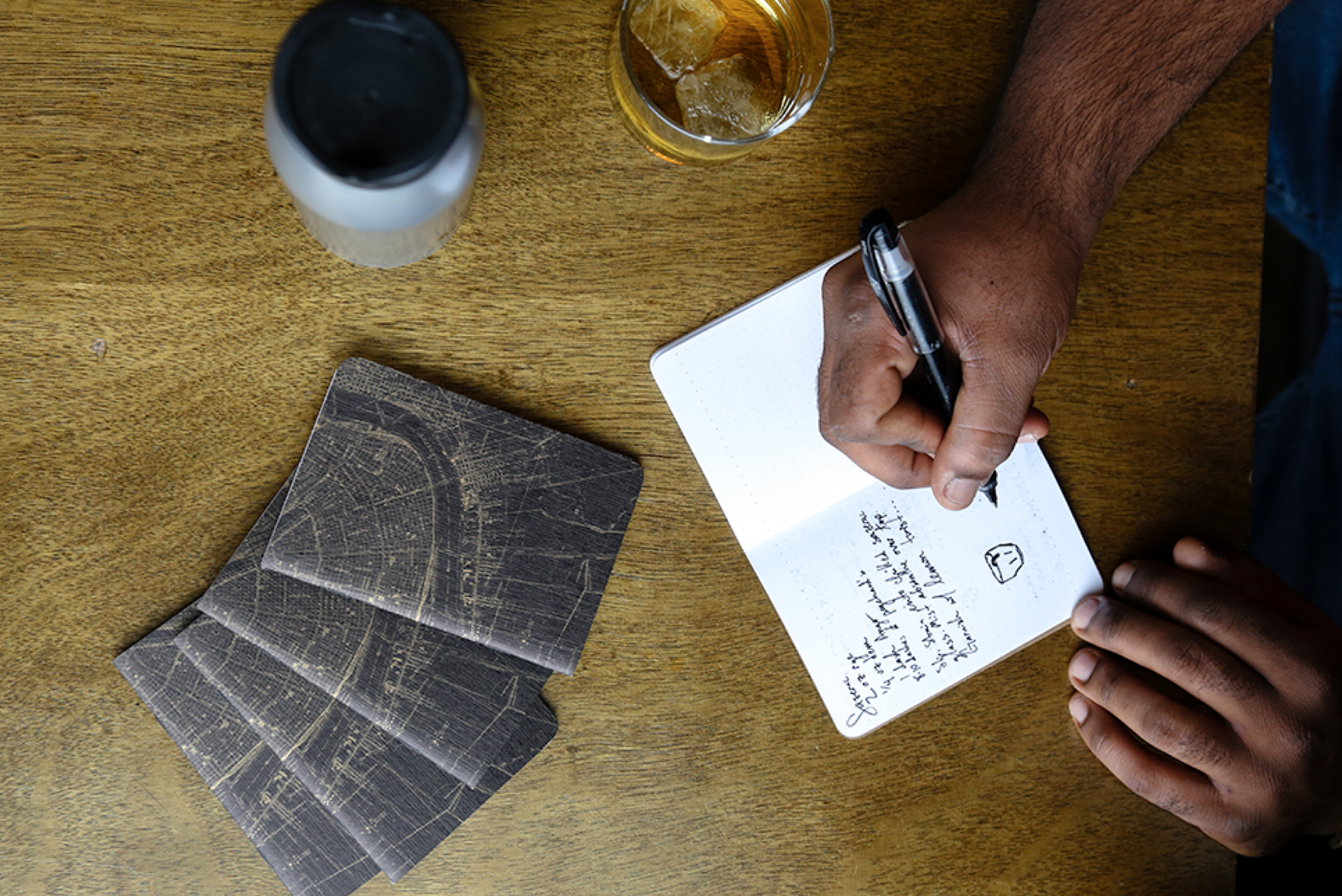
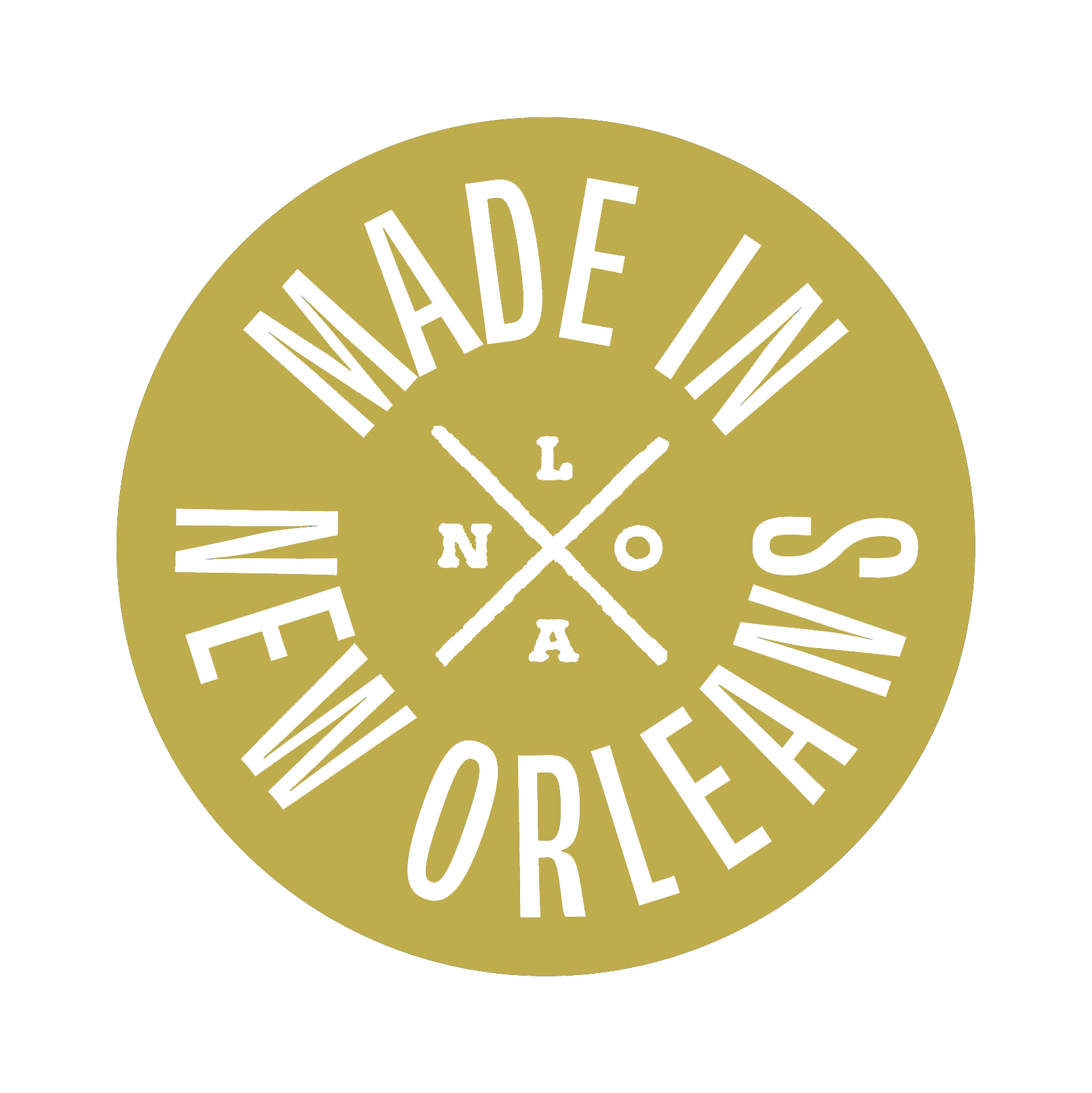
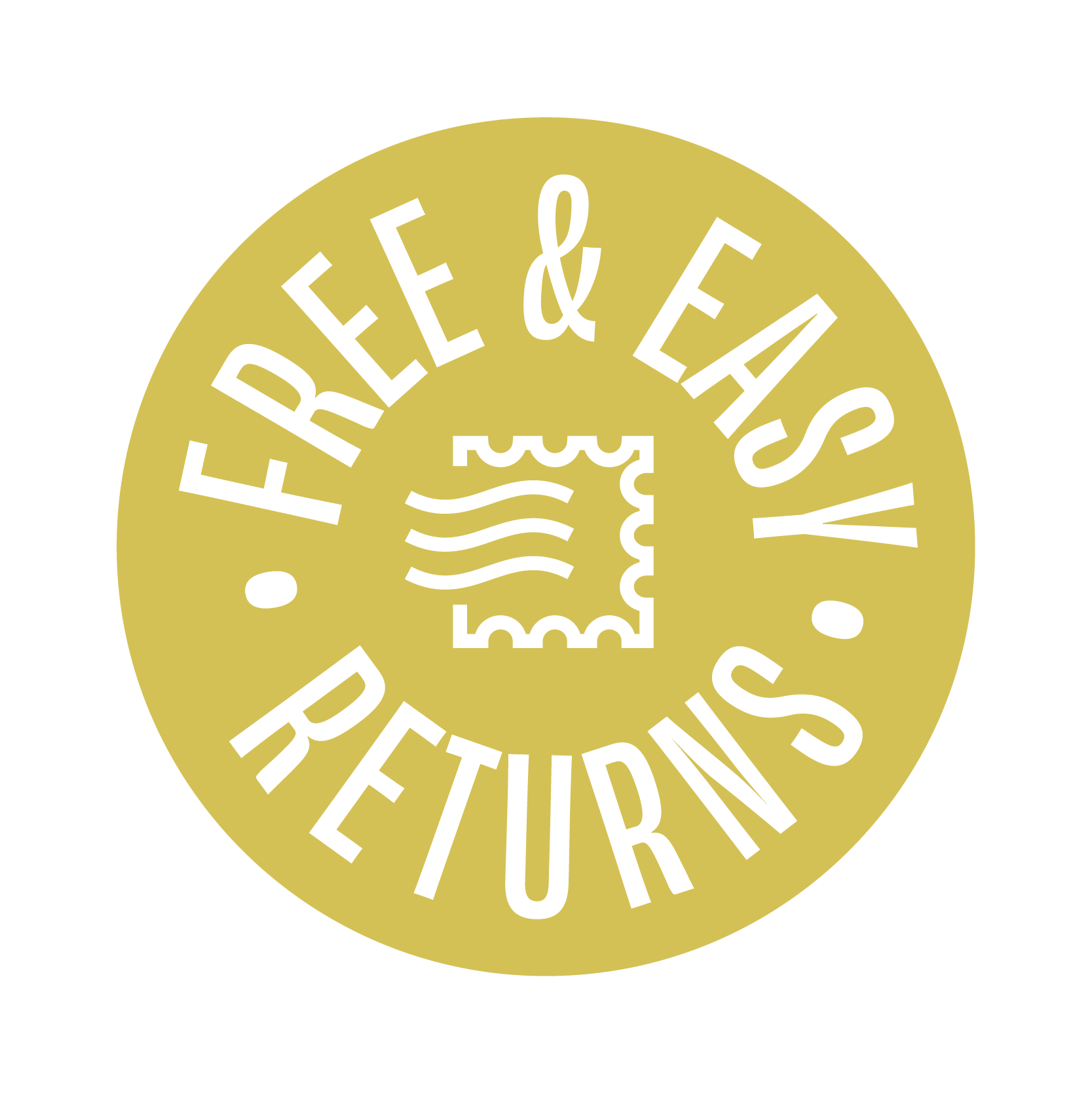
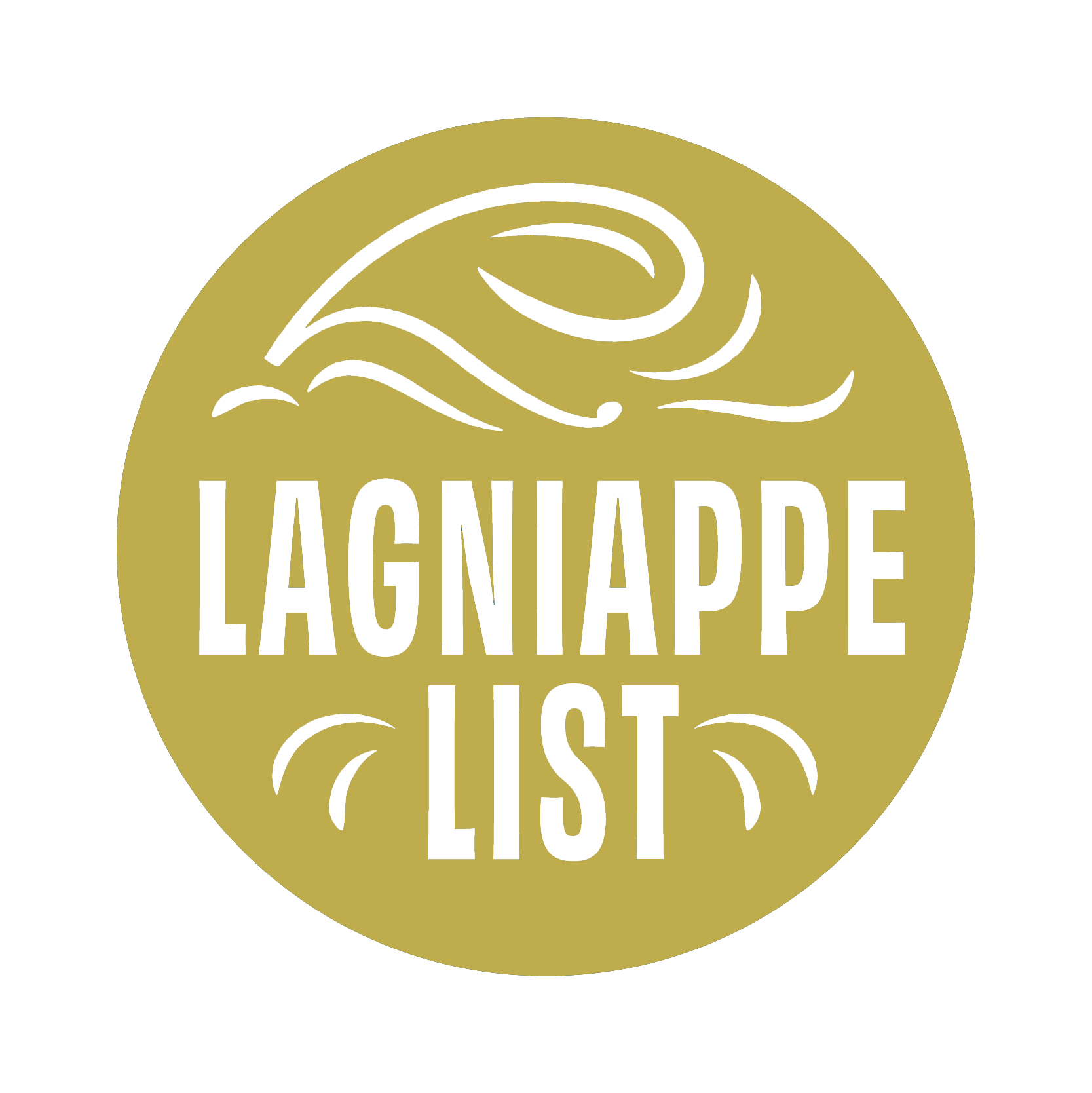
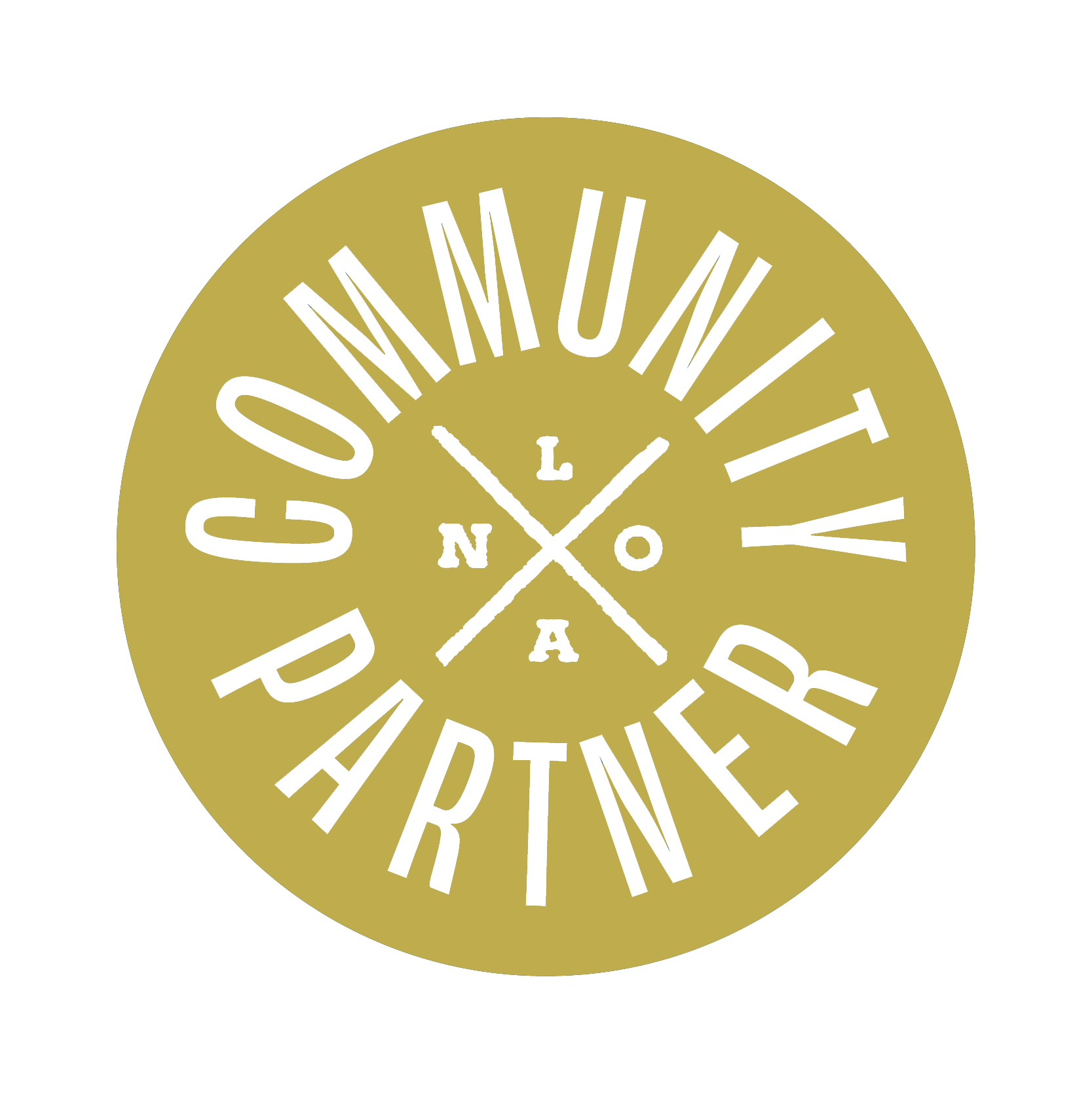
Leave a comment
All comments are moderated before being published.
This site is protected by hCaptcha and the hCaptcha Privacy Policy and Terms of Service apply.